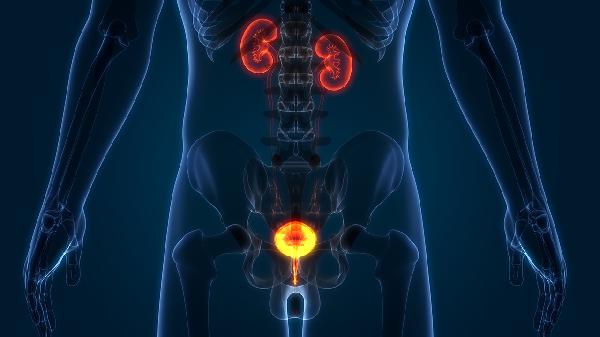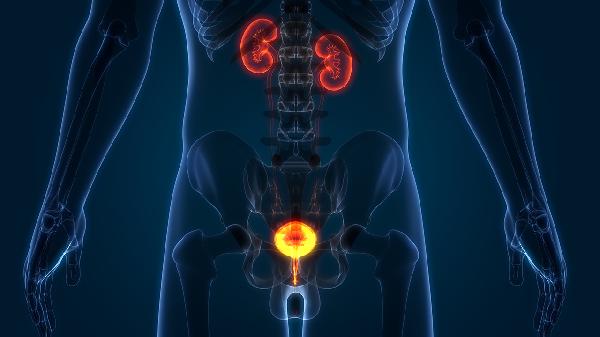Hematospermia, the presence of blood in semen, predominantly affects men aged 25 to 40, often causing sudden anxiety and distress. Middle-aged and older patients, in particular, may fear underlying conditions such as sexually transmitted infections or malignancies, prompting them to seek medical attention. The initial occurrence of hematospermia can trigger significant psychological stress, necessitating reassurance and education to alleviate fears. For some, recurrent or persistent episodes may lead to depression, anxiety, sexual dysfunction, and other complications, severely impacting quality of life.

Psychological Impact and Emotional Support
The psychological toll of hematospermia cannot be overstated. Patients often experience heightened anxiety, depression, and even feelings of inadequacy. It is crucial for healthcare providers to establish a trusting relationship with patients, offering a safe space to express their concerns. Active listening, empathy, and confidentiality are key to building this trust. Patients should be encouraged to share their emotional struggles, as this can help alleviate feelings of isolation and distress.
Prevention and Lifestyle Adjustments
Preventing hematospermia involves a combination of medical intervention and lifestyle changes. Early diagnosis and treatment of underlying symptoms can provide physical and emotional relief, making patients more receptive to medical advice. Patients should maintain a calm and positive mindset, adopt a balanced diet, and avoid spicy foods, alcohol, and tobacco. Cognitive therapy can be beneficial, providing patients with accurate information about the condition to enhance their understanding and reduce fear.
Creating a Supportive Environment
A supportive and respectful environment is essential for patients dealing with hematospermia. Encouraging patients to acknowledge and express their emotions can help them process feelings of frustration and tension. Psychological counseling should be a priority, emphasizing the importance of adherence to treatment. During recovery, patients should limit sexual stimulation and engage in moderate physical activities such as walking or jogging to promote overall well-being.
Addressing Psychological Symptoms
Research indicates that hematospermia patients often exhibit significant differences in interpersonal relationships, depression, anxiety, and psychotic symptoms compared to control groups. Sleep and dietary disturbances are also more pronounced. These findings underscore the need for timely psychological intervention. Patients should be educated about the typically benign and self-limiting nature of hematospermia to foster a positive outlook and encourage active participation in their treatment.
Comprehensive Treatment Approaches
For patients experiencing depression, sexual dysfunction, or infertility alongside hematospermia, a multifaceted treatment plan is essential. This may include antidepressant medications, therapies to improve sexual function, and treatments for infertility. Addressing both the physical and psychological aspects of the condition can enhance overall treatment outcomes.
The Role of Education and Communication
Effective communication between healthcare providers and patients is critical. Educating patients about hematospermia can reduce psychological barriers and provide reassurance. Positive reinforcement and emotional support from family and friends can further stabilize the patient’s mood, fostering optimism and confidence. By addressing both the physical and emotional dimensions of hematospermia, healthcare providers can improve treatment efficacy and enhance patients’ quality of life.
In conclusion, hematospermia, while often benign, can have profound psychological and physical effects. A holistic approach that combines medical treatment, lifestyle adjustments, and psychological support is essential for managing the condition and improving patient outcomes.
























